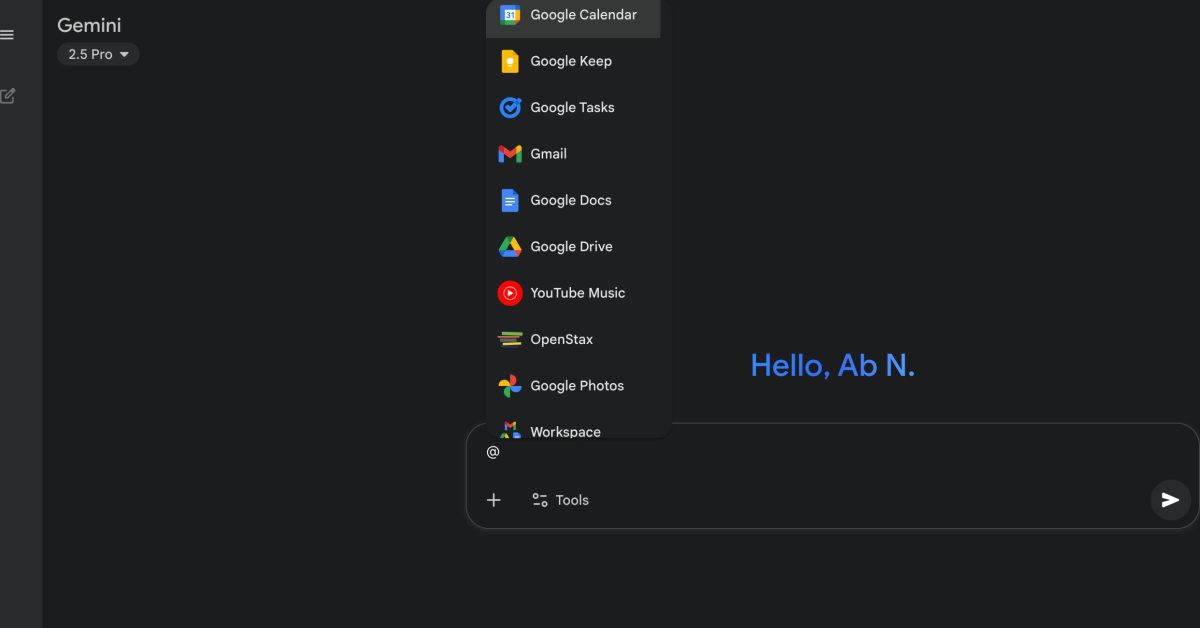
the ai sexting era has arrived The advent of AI-driven chatbots has ushered in a new era of digital intimacy, with users increasingly engaging in sexting conversations with these advanced systems.
the ai sexting era has arrived
How It Started
Since the launch of ChatGPT, a conversational AI developed by OpenAI, users have been exploring its capabilities beyond mere information retrieval and casual conversation. The trend of using AI for intimate exchanges is not entirely new; it can be traced back to the introduction of Replika in 2017. This chatbot was designed to serve as a personal companion, allowing users to engage in romantic and emotional dialogues. Many users began treating Replika as a romantic partner, blurring the lines between human and machine interactions.
As technology has evolved, so too have the ways in which users interact with AI. Character.ai, another platform that allows users to create custom chatbots, has seen individuals circumventing its NSFW (Not Safe For Work) guardrails to engage in explicit conversations. This trend highlights a growing demand for more personalized and intimate interactions with AI systems, raising questions about the implications of such engagements.
The Rise of AI Sexting
The phenomenon of AI sexting has gained traction as users seek to explore their fantasies and desires in a safe, private environment. The allure of engaging in sexual conversations with an AI lies in the anonymity and lack of judgment that these systems provide. Users can express themselves freely, often experimenting with scenarios they might not feel comfortable discussing with another person.
ChatGPT, with its advanced natural language processing capabilities, allows for nuanced and context-aware conversations. This has made it a popular choice for users looking to engage in sexting. The ability to maintain a dialogue that feels realistic and responsive enhances the experience, making it more appealing for those seeking digital intimacy.
Implications for Relationships
The rise of AI sexting raises important questions about the nature of human relationships. As individuals turn to AI for emotional and sexual fulfillment, there is a potential for a shift in how people perceive intimacy and connection. Some experts argue that reliance on AI for such interactions could lead to a decline in traditional relationships, as individuals may find it easier to engage with a non-judgmental machine than with a human partner.
Moreover, the emotional investment in AI companions can lead to complex feelings. Users may develop attachments to their chatbots, which can complicate their real-world relationships. The line between fantasy and reality can blur, leading to challenges in navigating personal connections with other humans.
Ethical Considerations
The ethical implications of AI sexting are also significant. As AI systems become more sophisticated, the potential for misuse increases. Concerns about consent, privacy, and the potential for harmful content are paramount. Developers must navigate these ethical waters carefully, ensuring that their systems are designed to promote healthy interactions while safeguarding users from potential harm.
Furthermore, the question of consent becomes particularly relevant in the context of AI. While chatbots do not have feelings or consciousness, the interactions users have with them can evoke real emotions. Developers must consider how to create boundaries that protect users from engaging in harmful or exploitative scenarios.
Stakeholder Reactions
The emergence of AI sexting has elicited varied reactions from stakeholders across different sectors. Tech developers, ethicists, psychologists, and users all have unique perspectives on this evolving landscape.
Developers’ Perspectives
For developers, the challenge lies in balancing user demand for intimate interactions with the need for ethical guidelines. Companies like OpenAI and Character.ai are under pressure to create engaging experiences while ensuring that their platforms do not facilitate harmful behavior. This has led to ongoing discussions about the implementation of stricter content moderation and the development of features that promote healthy interactions.
Ethicists and Psychologists
Ethicists and psychologists have raised concerns about the long-term effects of AI sexting on human relationships. Some argue that while these interactions can provide a safe space for exploration, they may also lead to unrealistic expectations about intimacy and connection. The potential for users to become overly reliant on AI for emotional fulfillment is a significant concern, as it could hinder their ability to form meaningful relationships with other humans.
User Experiences
Users have shared mixed experiences regarding AI sexting. Many appreciate the freedom and anonymity that these platforms provide, allowing them to explore their desires without fear of judgment. However, others have expressed concerns about the emotional implications of developing attachments to AI companions. The complexity of these interactions can lead to feelings of loneliness or disconnection from real-world relationships.
The Future of AI Sexting
As AI technology continues to advance, the future of sexting with AI remains uncertain. The demand for personalized and intimate experiences is likely to grow, prompting developers to enhance their offerings. This could lead to the creation of more sophisticated chatbots capable of engaging in deeper emotional and sexual conversations.
However, with this growth comes the responsibility to address the ethical implications and potential risks associated with AI sexting. Developers must prioritize user safety and well-being, implementing measures that promote healthy interactions while safeguarding against misuse.
Potential Developments
Future developments in AI sexting could include:
- Enhanced Personalization: As AI systems become more advanced, they may be able to tailor interactions based on individual user preferences, creating a more immersive experience.
- Improved Moderation: Developers may implement stricter content moderation to prevent harmful or exploitative scenarios, ensuring that users engage in healthy interactions.
- Integration with Virtual Reality: The combination of AI and virtual reality could create even more immersive experiences, allowing users to engage in intimate scenarios in a virtual environment.
Conclusion
The emergence of AI sexting marks a significant development in the intersection of technology and human intimacy. As users increasingly turn to AI for emotional and sexual fulfillment, it is crucial to consider the implications of these interactions on personal relationships and societal norms. The responsibility lies with developers to create platforms that promote healthy engagement while safeguarding users from potential harm. As the landscape continues to evolve, ongoing discussions about ethics, user experiences, and the future of AI sexting will be essential in shaping this new frontier of digital intimacy.
Source: Original report
Was this helpful?
Last Modified: October 19, 2025 at 5:36 pm
1 views















